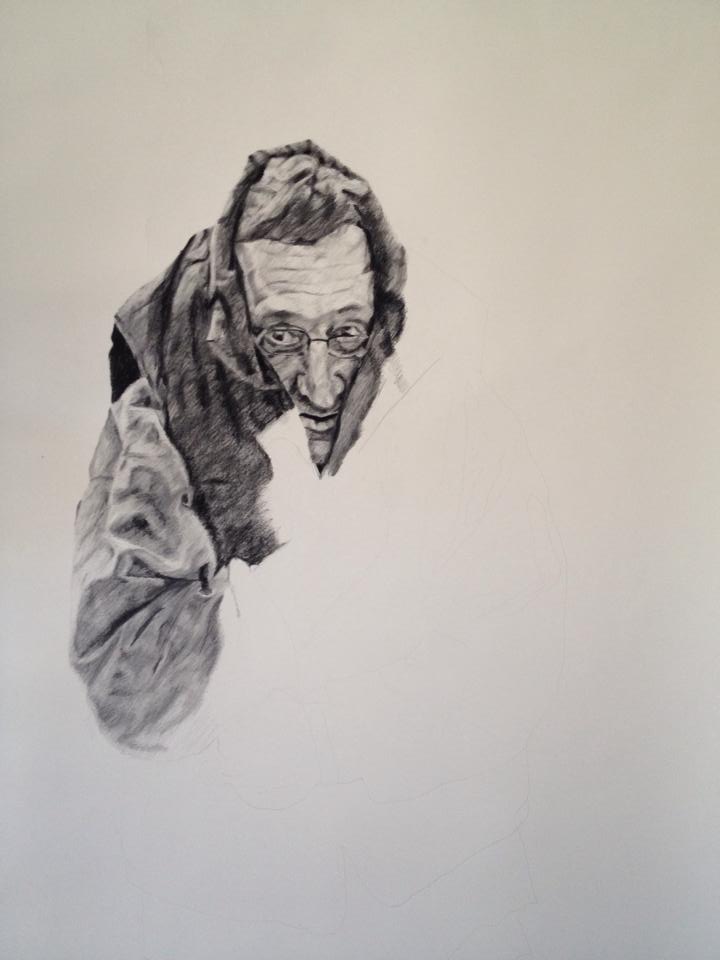The Definition Of Love
by Andrew Marvell
My love is of a birth as rare
As ’tis for object strange and high:
It was begotten by Despair
Upon Impossibility.
Magnanimous Despair alone
Could show me so divine a thing,
Where feeble Hope could ne’er have flown
But vainly flapped its tinsel wing.
And yet I quickly might arrive
Where my extended soul is fixed
But Fate does iron wedges drive,
And always crowds itself betwixt.
For Fate with jealous eye does see
Two perfect loves, nor lets them close:
Their union would her ruin be,
And her tyrranic power depose.
And therefore her decrees of steel
Us as the distant Poles have placed
(Though Love’s whole world on us doth wheel)
Not by themselves to be embraced,
Unless the giddy heaven fall,
And earth some new convulsion tear;
And, us to join, the world should all
Be cramped into a planisphere.
As lines (so loves) oblique may well
Themselves in every angle greet:
But ours so truly parallel,
Though infinite, can never meet.
Therefore the love which us doth bind,
But Fate so enviously debars,
Is the conjunction of the mind,
And opposition of the stars.



